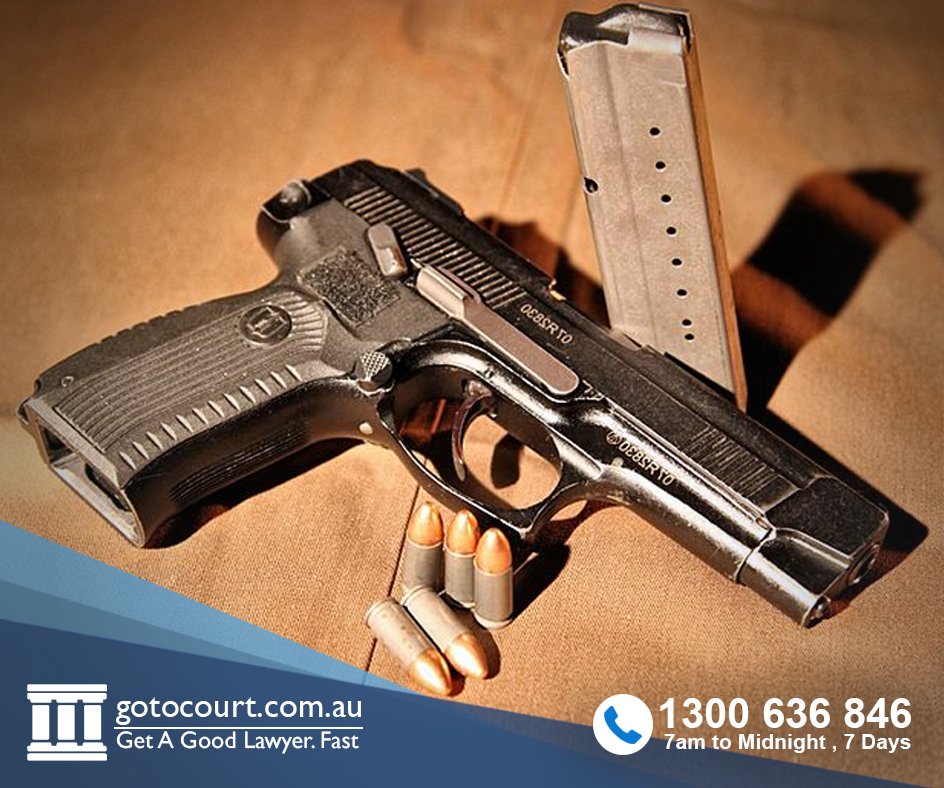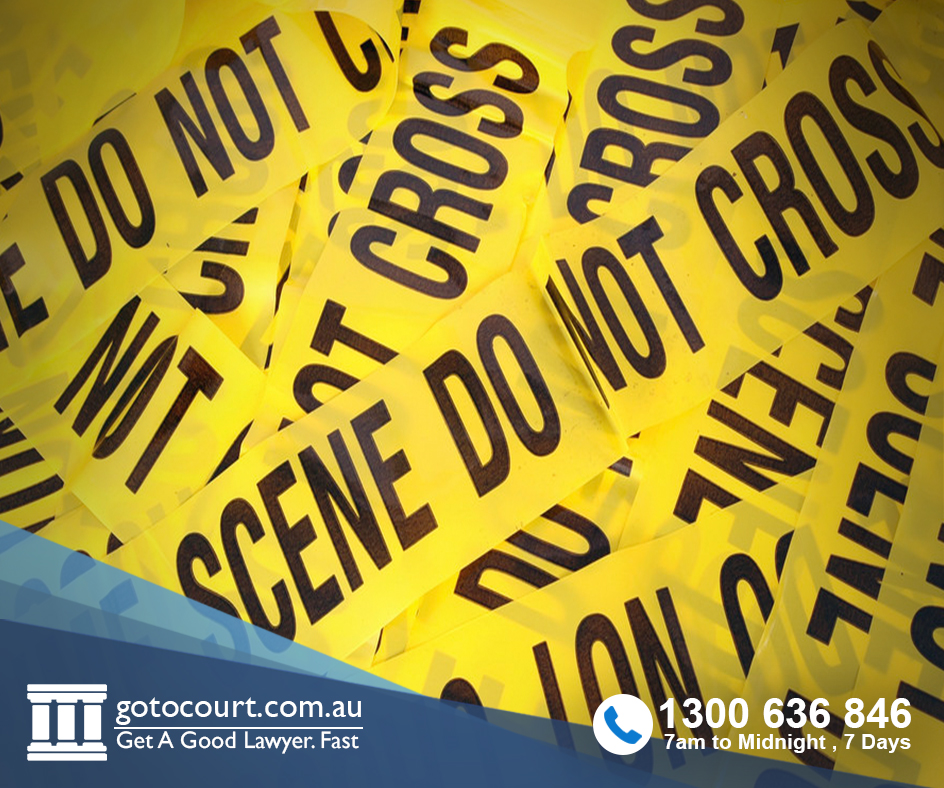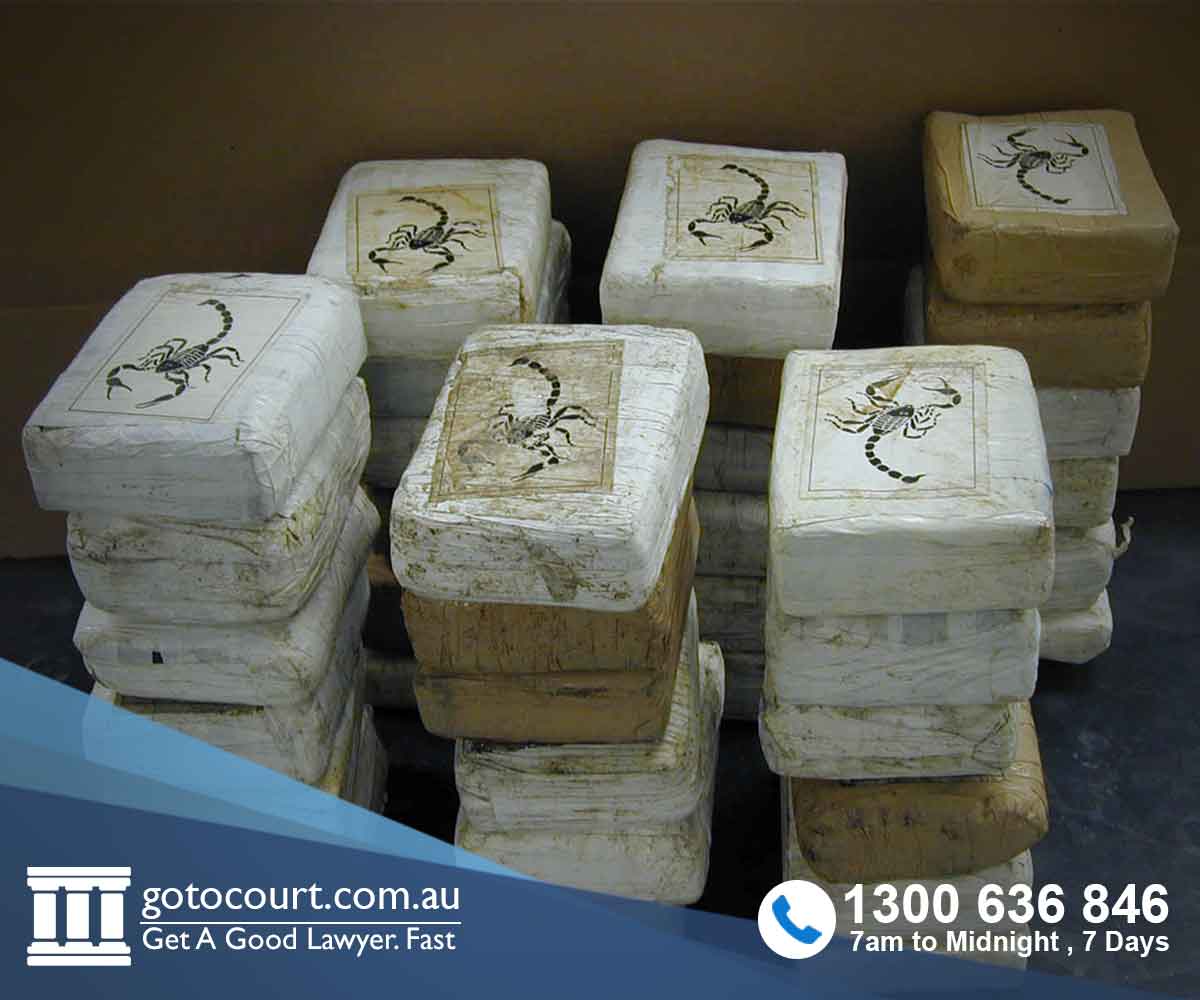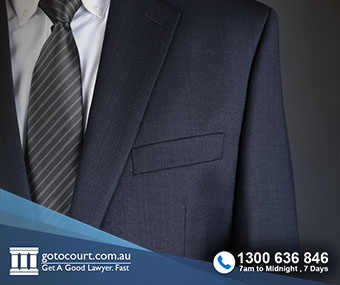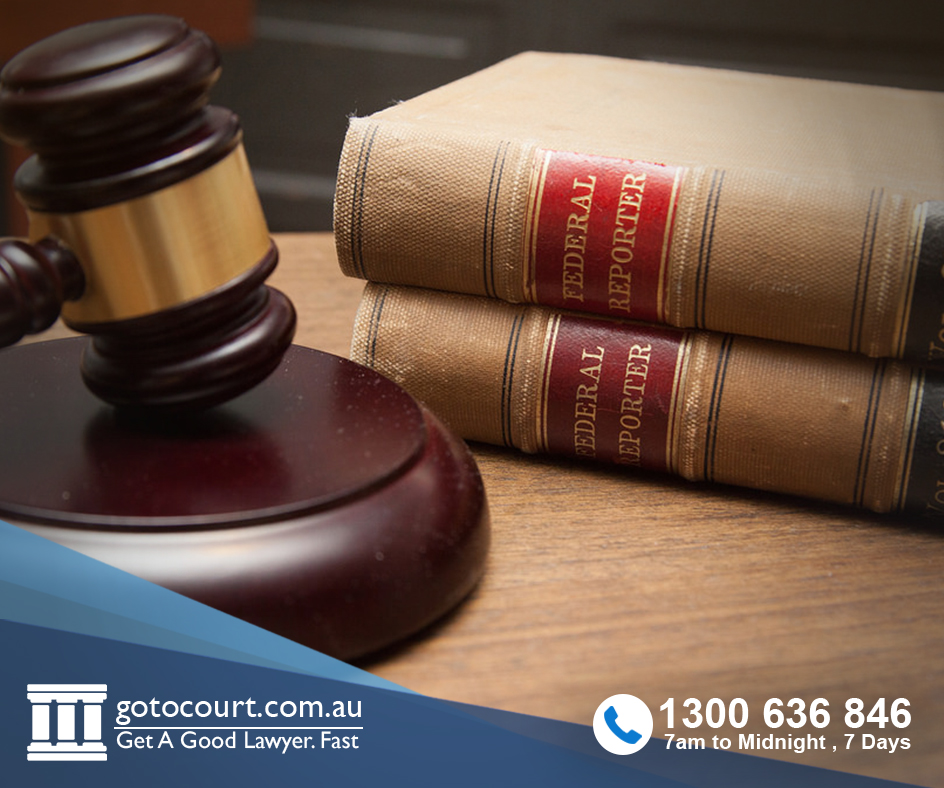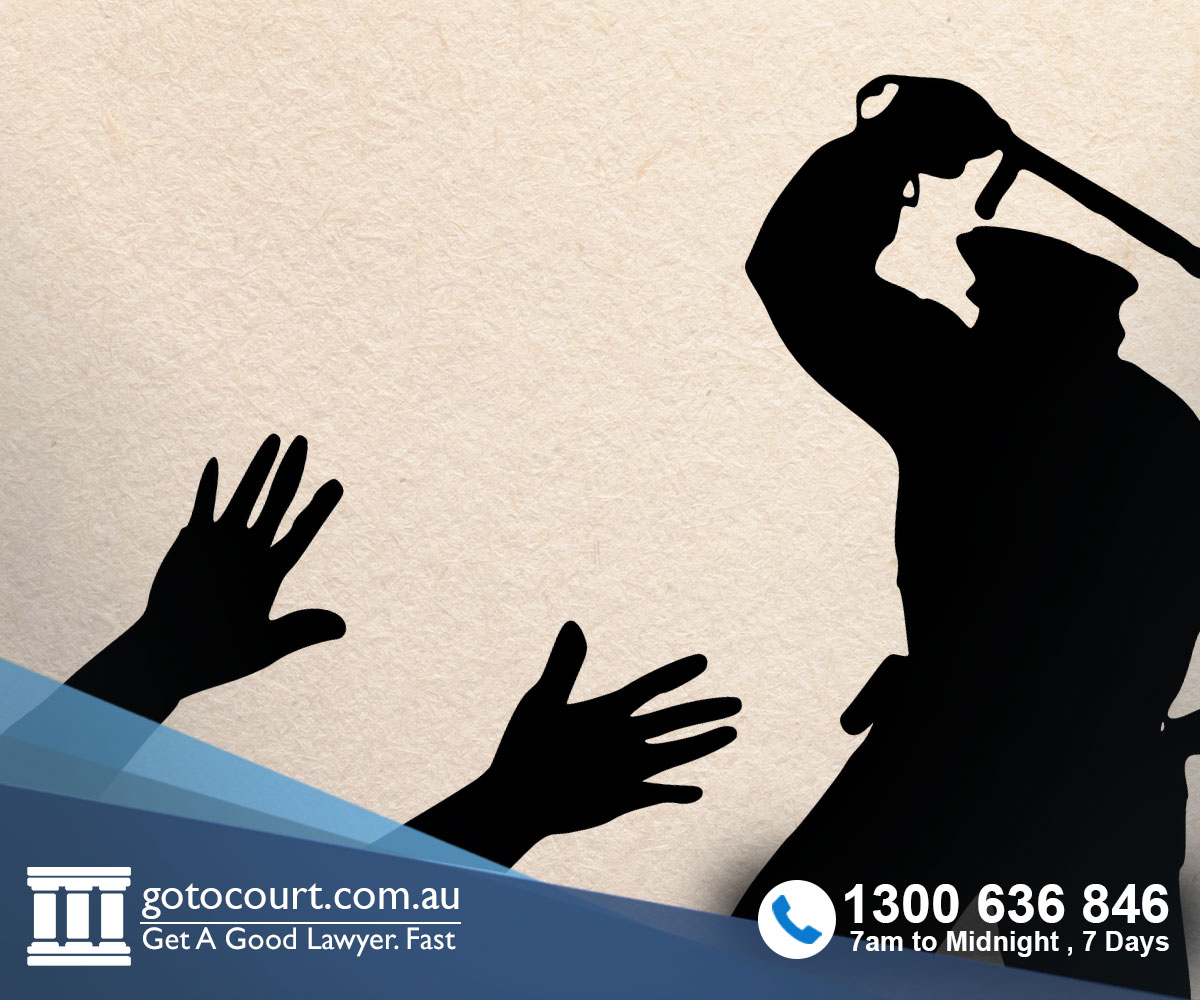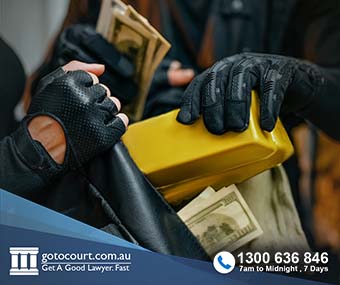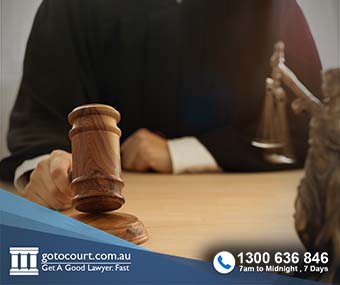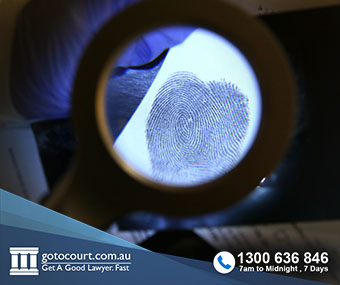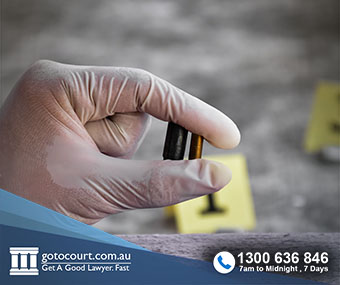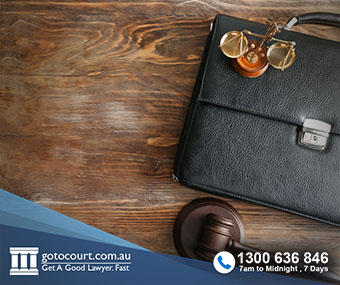Call our lawyers
now
or,
have our lawyers
call you
Evidence Improperly Obtained: Bunning v Cross
Updated on Nov 08, 2022 • 4 min read • 878 views • Copy Link
Evidence Improperly Obtained: Bunning v Cross
When evidence in a criminal matter has been obtained in a way that did not comply with procedural rules, the court will sometimes be asked to exercise its discretion to exclude the evidence. Common situations where the exclusion of evidence improperly obtained arises are a police interview that was carried out without the proper caution or a search of a property that was conducted without a warrant or which went beyond the scope of the warrant.
In such a situation, the defence may argue that the evidence was obtained improperly and that it ought to be excluded from the proceedings. The court will be required to consider whether its discretion to exclude evidence should be exercised in the circumstances. The discretion to exclude evidence imporperly obtained is known as the Bunning v Cross discretion.
Bunning v Cross discretion
The 1978 High Court decision of Bunning v Cross examined when courts should exercise their discretion to exclude evidence improperly obtained. In that case, Western Australian police had stopped a driver who was driving erratically and in excess of the speed limit. The patrolman smelt alcohol on the driver’s breath and asked him to step out of the car, which he did, with some difficulty. The patrolman asked him if he had been drinking and he replied that he had had about three beers. The patrolman did not ask him to do a preliminary breath test but asked him to accompany him back to the police station. There he was breath tested and blew 0.190.
The decision at first instance
The driver was charged with speeding and driving under the influence of alcohol. In the Court of Petty Sessions in Perth, he was found guilty of speeding, but the charge of driving under the influence was dismissed because the magistrate found the breath test was inadmissible. This finding was made on the basis that the patrolman had had no objectively reasonable suspicion that the driver was under the influence of alcohol before administering the breath test. This was because he had failed to administer an on-the-spot breath test, as required under the Western Australian Road Traffic Act 1974.
Reviews
The prosecutor obtained an order to review the decision from the Supreme Court, which found that the Magistrate had erred in finding that the evidence was inadmissible. Rather, it said, there was a discretion for the Magistrate to exclude the evidence on the basis it was evidence improperly obtained. The Supreme Court remitted the matter back to the Magistrate, who exercised his discretion to exclude the evidence and dismissed the charge.
After the matter went through a number of other procedural steps, it came before the High Court, which considered whether the Magistrate had exercised his discretion to exclude the evidence improperly obtained correctly.
Discretion to exclude evidence
The High Court held that the discretion to exclude evidence improperly obtained can rightly be exercised where the unfairness to the defendant outweighs the public interest in enforcement of the law and obtaining evidence to aid that enforcement. Evidence may also be excluded by an exercise of judicial discretion where the extent to which it would prejudice a fair trial outweighs its probative value.
The High Court found that there was no room for the exercise of judicial discretion to exclude the evidence of the driver’s breath test results in the matter of Bunning v Cross. This was because what occurred in the matter did not involve unfairness to the accused but was unlawful only because the patrolman mistakenly believed he was entitled to take the driver back to the station without recourse to an on-the-spot breath test. There was no deliberate disregard for the law. Furthermore, the nature of the illegality did not affect the cogency of the evidence obtained and the offence being investigated was a relatively serious and prevalent one. The High Court stated that the Magistrate appeared not to have considered any of these criteria or to have given any weight to the public interest of convicting those who commit offences.
Excluding evidence improperly obtained
When a person is charged with an offence and it appears that some of the evidence being relied on may have been improperly obtained, the defence should list the matter for a voir dire. A voir dire is a pre-trial proceeding where the admissibility or inadmissibility of evidence is determined. Where the defence is seeking to have evidence excluded that is prima facie admissible, it bears the onus of establishing that the evidence should be excluded. This can be achieved through the exercise of the Bunning v Cross discretion.
If you require legal advice or representation in a criminal matter or in any other legal matter, please contact Go To Court Lawyers.

Affordable Lawyers
Our Go To Court Lawyers will assist you in all areas of law. We specialise in providing legal advice urgently – at the time when you need it most. If you need a lawyer right now, today, we can help you – no matter where you are in Australia.How It Works







1. You speak directly to a lawyer
When you call the Go To Court Legal Hotline, you will be connected directly to a lawyer, every time.


2. Get your legal situation assessed
We determine the best way forward in your legal matter, free of charge. If you want to go ahead and book a face-to-face appointment, we will connect you with a specialist in your local area.


3. We arrange everything as needed
If you want to go ahead and book a fact-to-face appointment, we will connect you with a specialist in your local area no matter where you are and even at very short notice.

